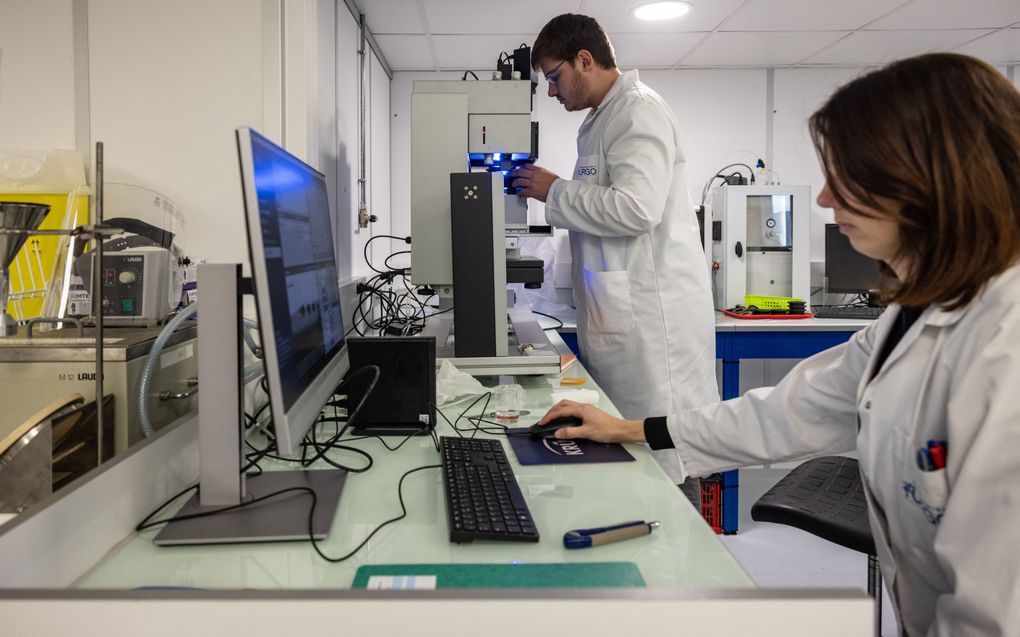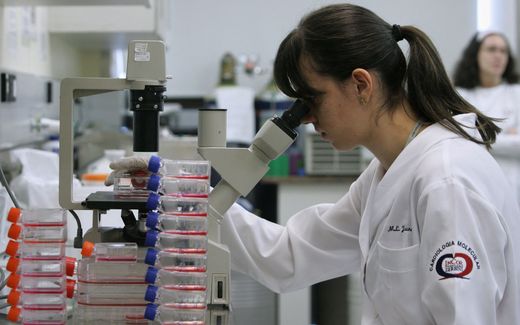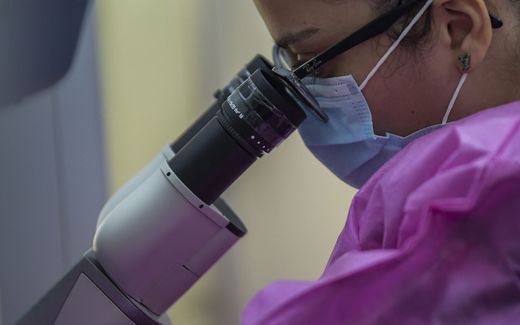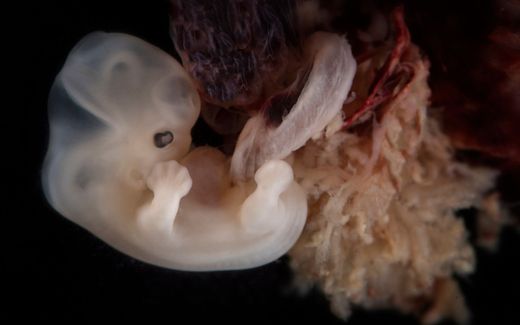Dutch Embryo Act expansion set to include carriers of hereditary diseases
28-12-2022
Western Europe
CNE.news

Photo AFP, Arnoud Finistre
Western Europe
Two leading coalition parties in the Netherlands want to see another amendment in the nation’s Embryo Act. The Liberal Party VVD and Social Democrats D66 hope that parents will be able to select embryos as a means to prevent potential carriers of life-threatening diseases such as haemophilia or cystic fibrosis.
“Being a carrier can also cause a lot of suffering,” the D66 party leader, Jan Paternotte said to NRC. VVD party chairman, Sophie Hermans and Paternotte, say that based on discussions with prospective parents, the new addition may spare unnecessary suffering that often comes from being a carrier. “In conversations we noticed that a disease like haemophilia affects entire families. The disease may skip a generation, then that complicated choice returns for the children with a desire to have children,” Paternotte also said in the article.
Fictitious
In the new legislation, two fictitious characters are introduced. Martijn has haemophilia, a disease that prevents blood from clotting properly. Martijn has dealt with spontaneous internal bleeding for his entire life. Despite his medical hardships, he wants to have children with his wife, Hannah. However, natural pregnancy is a gamble. If it’s a boy, the child will receive a healthy X chromosome from Hannah, making the disease no longer a threat. If they have a girl, she will inherit Martijn’s unhealthy Y chromosome, which will make her a carrier in her future sons. However, there’s only one solution, and that is to have a healthy male embryo selected for gender and its carrier status eradicated. At this time, the Act allows embryo and gender selection in cases where a child may succumb to a serious illness. Now, both parties are looking to include carriers of hereditary diseases.
Paternotte also noted that the amendment may also prevent couples from having to seek similar treatment abroad. The proposal is expected to have a large majority when the two parties submit the bill on Thursday. Recently, debates on abortion were held within the two Chambers.
Slippery slope
Opponents of the Act, including the Christian Democratic CDA, a coalition partner, say that the proposed change is a “slippery slope” into more controversial forms of embryonic tinkering. According to its representatives, embryos embody a human life and deserve to be protected at all costs.
“I had a conversation with [Christian Union party leader, ed.] Gert-Jan Segers about this proposal, Patternotte said. I don't think we will convince the ChristenUnie any time soon, but I do understand why this is so complicated and sensitive for their supporters.”
This is not the first time that the law has undergone changes. According to previous reporting from RD, the Embryo Act initially went into effect in 2002. Parents could use embryo selection in cases when a child would have a serious and untreatable disease from a young age. In 2020, parents could cut down the risk of hereditary disease by choosing the sex. Two years later, the Act could undergo another transformation.
Related Articles





